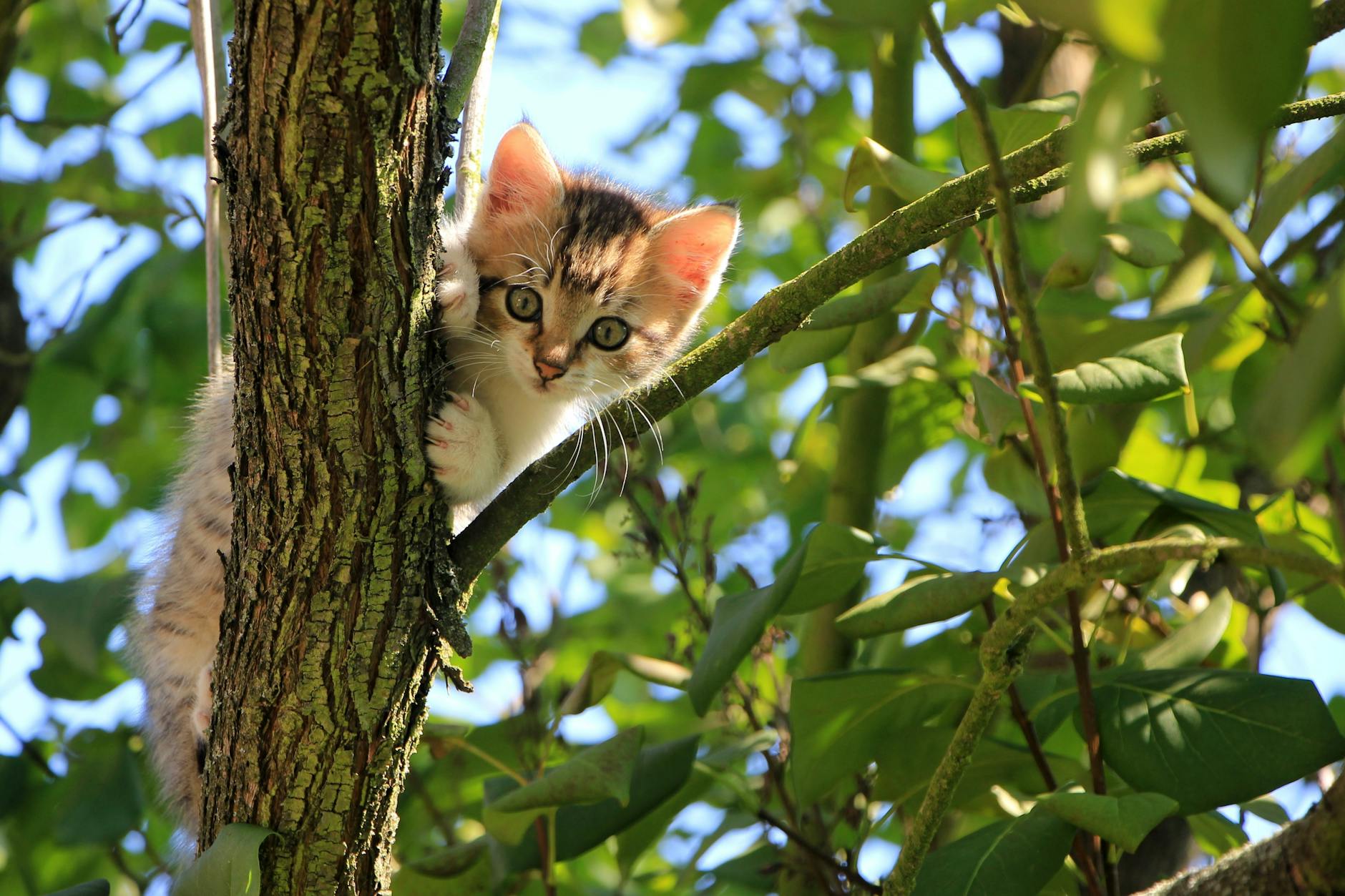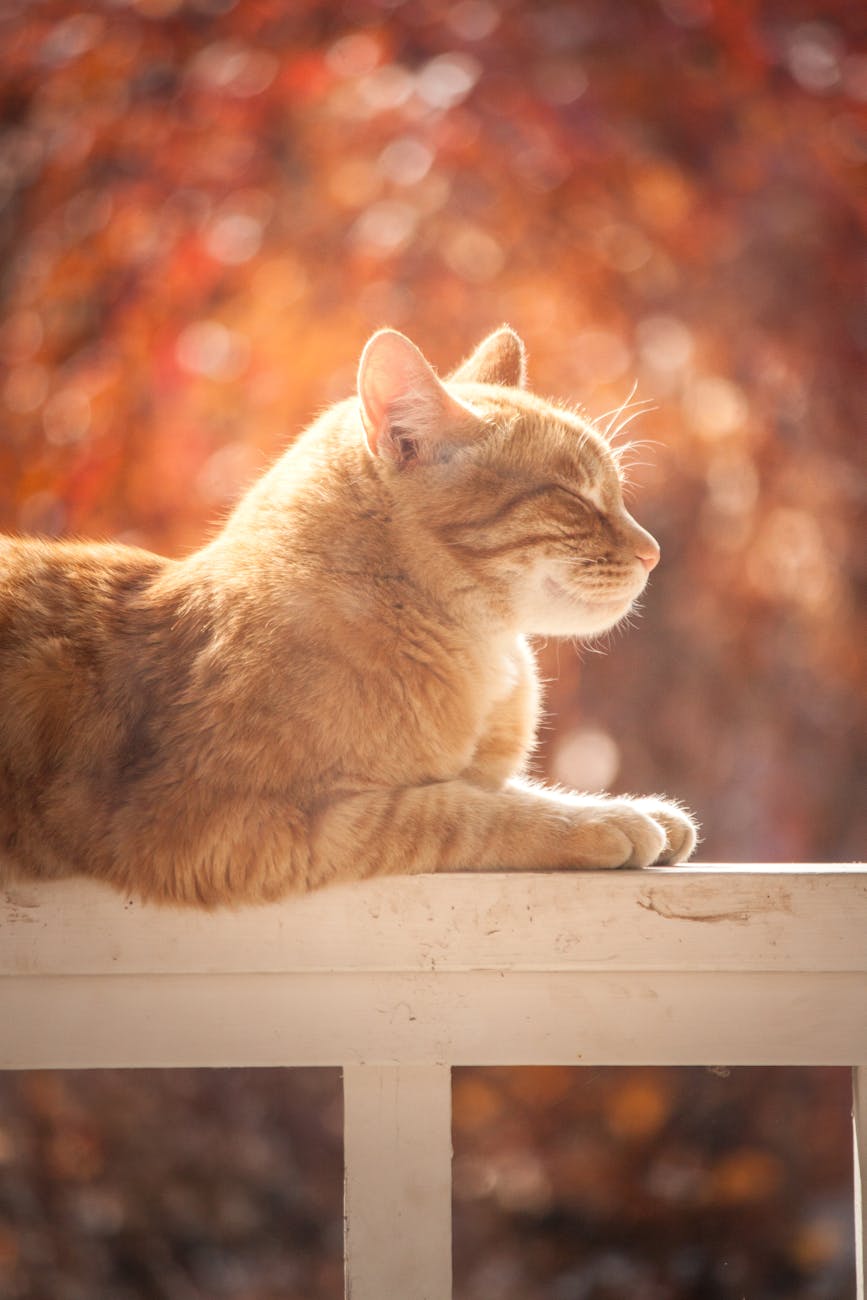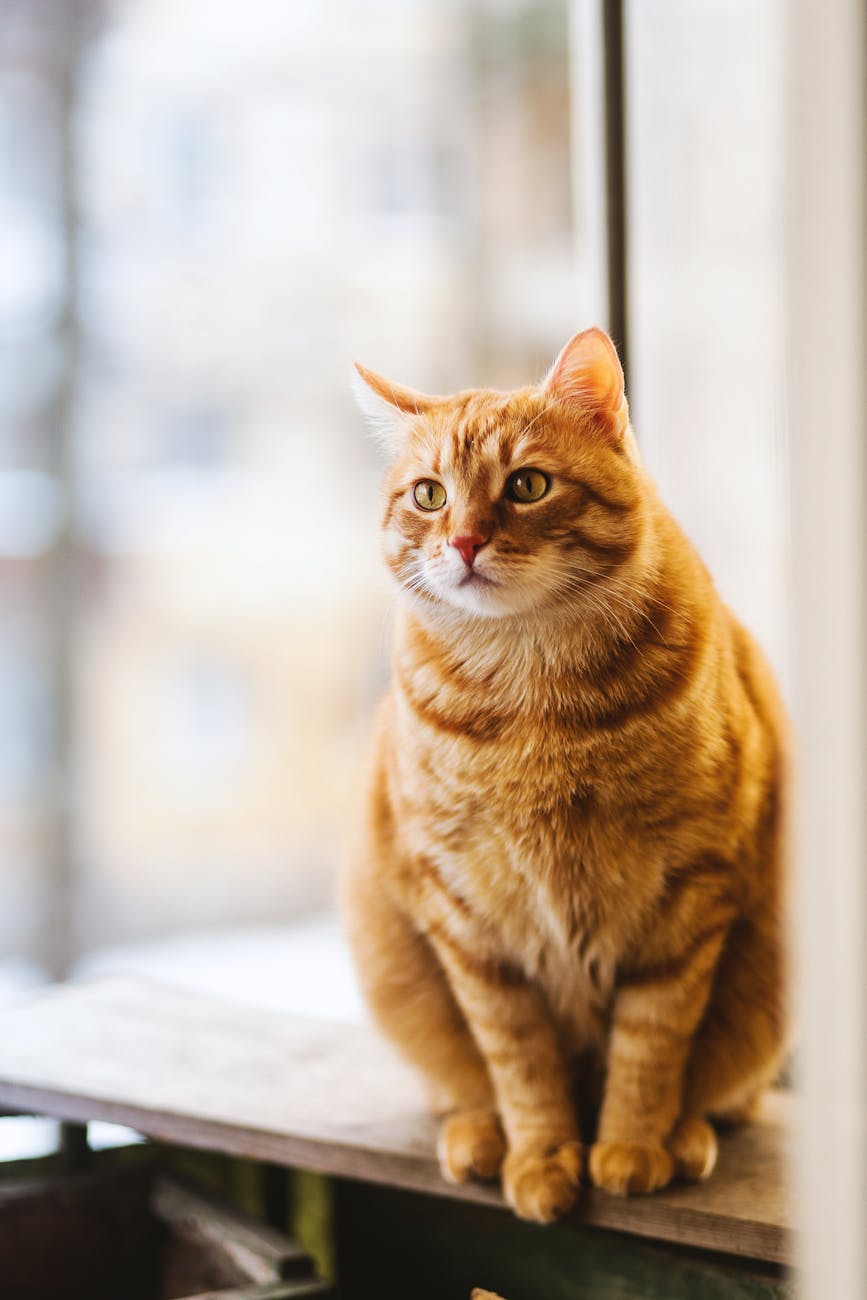Probiotics for cats offer a range of health benefits that can significantly improve your feline friend’s quality of life. These beneficial bacteria play a crucial role in enhancing digestive function and boosting the immune system. As pet owners increasingly seek natural ways to support their cats’ health, understanding the advantages of probiotics becomes essential. In this complete guide, we will explore how probiotics contribute to overall wellness, provide tips for selecting the right product, and share helpful administration advice to ensure your cat thrives.
Understanding Probiotics and Their Role in Cat Health
Probiotics for cats are live microorganisms that confer health benefits when administered in adequate amounts. These beneficial bacteria help maintain a balanced gut microbiome, essential for overall health. Here’s how probiotics impact your cat’s well-being:
Digestive Balance: Probiotics support healthy digestion by preventing gastrointestinal disturbances. They can help reduce instances of diarrhea and constipation.
Nutrient Absorption: By enhancing gut health, probiotics for cats improve the absorption of nutrients, minerals, and vitamins, leading to better overall nutrition.
Immune Support: A balanced gut microbiome strengthens the immune system, making your cat more resilient against illnesses.
Mood Regulation: Interestingly, probiotics can also influence your cat’s behavior. A healthy gut often correlates with better mood and lower stress levels.
In summary, incorporating probiotics for cats into their diet can significantly enhance their digestive health, boost immunity, and improve their quality of life. Prioritizing gut health sets the foundation for a happier, healthier feline companion.

How Probiotics Support Digestive Function in Cats
Probiotics for cats play a crucial role in maintaining a healthy digestive system. By introducing beneficial bacteria into your cat’s gut, they help balance the microbiome, promoting optimal digestion. Here’s how probiotics work:
- Enhanced Nutrient Absorption: Probiotics improve the breakdown of food, allowing your cat to absorb nutrients more efficiently.
- Prevention of Digestive Issues: They reduce the risk of diarrhea and constipation by regulating gut bacteria.
- Support for Gut Barrier Function: Probiotics strengthen the intestinal lining, which helps prevent harmful pathogens from entering the bloodstream.
- Reduction of Digestive Inflammation: Certain strains of probiotics can decrease inflammation in the gut, easing discomfort.
Comparison of Probiotic Benefits
| Benefit | Without Probiotics | With Probiotics |
|---|---|---|
| Nutrient Absorption | Reduced | Enhanced |
| Digestive Issues | Frequent occurrences | Less common |
| Gut Barrier Integrity | Compromised | Strengthened |
| Inflammation | Present | Minimized |
Incorporating probiotics for cats into your pet’s diet can lead to a noticeable improvement in digestive health, ensuring your feline friend thrives.
The Immune System Boosting Benefits of Probiotics
Probiotics for cats play a crucial role in enhancing immunity. These beneficial bacteria support your cat’s immune system in several ways:
- Gut Health Connection: Approximately 70% of the immune system resides in the gut. By maintaining a healthy gut flora, probiotics for cats help optimize immune function.
- Pathogen Defense: Probiotics can crowd out harmful bacteria, reducing the risk of infections. They provide a line of defense against pathogens that cause disease.
- Inflammation Reduction: By regulating inflammation, probiotics help mitigate various health issues, making your cat less prone to illnesses.
Comparison of Probiotic Strains
| Probiotic Strain | Immune Benefits |
|---|---|
| Lactobacillus | Enhances gut barrier function; reduces inflammation |
| Bifidobacterium | Stimulates immune response; combats harmful microbes |
| Enterococcus | Modulates immune system; improves overall gut health |
Incorporating probiotics for cats into your pet’s diet not only supports their gut health but also fortifies their immune system, making them more resilient against diseases. Ensure to consult with your veterinarian to find the most suitable option for your feline friend.
Choosing the Right Probiotic for Your Cat
When selecting probiotics for cats, it’s essential to consider a few key factors to ensure you choose the best option for your feline friend. Here are some tips to guide your decision:
Species-Specific Strains: Look for probiotics that contain strains specifically formulated for cats, such as Lactobacillus rhamnosus or Enterococcus faecium. This ensures better efficacy.
CFU Count: Check the colony-forming units (CFUs). Aim for a product with at least 1 billion CFUs per serving, as this amount supports digestive health effectively.
Quality Assurance: Choose brands that undergo third-party testing. Quality assurance ensures that the product contains the proclaimed amount of live cultures without harmful additives.
Form of Administration: Probiotics for cats come in various forms:
- Powders: Easily mixed with food.
- Capsules: For cats that can swallow pills.
- Treats: A tasty option that some cats may prefer.
By taking these factors into account, you can confidently choose the right probiotics for cats, ensuring they reap the maximum health benefits.

Signs Your Cat May Need Probiotics
Recognizing when your cat may benefit from probiotics for cats is essential for maintaining their health. Here are some key signs that indicate your feline friend might need a probiotic supplement:
Digestive Issues: Frequent vomiting, diarrhea, or constipation can signal an imbalance in gut bacteria. Probiotics for cats can help restore this balance.
Changes in Appetite: A sudden increase or decrease in appetite often points to gut health problems that probiotics can address.
Weight Fluctuations: Unexplained weight loss or gain might indicate digestive disturbances that can be improved with probiotics.
Stress or Anxiety: Cats can experience stress from changes in their environment. This stress can impact gut health, making probiotics for cats a potential solution.
Skin and Coat Problems: Poor coat condition or skin irritations can sometimes be linked to digestive health issues, where probiotics might help.
Frequent Infections: Repeated ear or urinary tract infections can indicate a compromised immune system; probiotics can enhance immune responses.
By monitoring these signs, you can determine if your cat might benefit from a probiotic regimen to improve their overall well-being.
Administration Tips for Probiotics in Cats
Administering probiotics for cats can be an effective way to enhance your feline’s health. However, following some practical tips can make the process smoother for both you and your cat. Consider the following strategies:
Choose the Right Form: Probiotics for cats come in various forms, such as capsules, powders, or treats. Opt for the format your cat prefers to increase compliance.
Start Slowly: Begin with a lower dose of probiotics for cats and gradually increase it. This approach helps your cat’s digestive system adjust without causing discomfort.
Mix with Food: If your cat is hesitant, mix the probiotics with their favorite wet or dry food. This method disguises the taste and encourages them to consume it.
Observe for Reactions: Monitor your cat for any changes in behavior or digestive health after starting probiotics. If any adverse effects occur, consult your veterinarian.
Be Consistent: Regularly administer probiotics for optimal gut health. A routine can help maintain beneficial bacteria levels in your cat’s intestines.
By following these tips, you can ensure effective administration of probiotics, contributing to your cat’s overall wellness and vitality.
Potential Side Effects and Considerations
While probiotics for cats offer numerous health benefits, it’s essential to be aware of possible side effects and considerations:
Mild Digestive Upset: Some cats may experience gas, bloating, or diarrhea after starting probiotics. These symptoms typically resolve within a few days.
Allergic Reactions: Rarely, cats may have allergic reactions to probiotic formulations. Watch for signs like itching, swelling, or difficulty breathing.
Age and Health Conditions: Kittens and elderly cats, as well as those with underlying health issues, may respond differently to probiotics. Consult your veterinarian before starting any new supplement.
Quality of Probiotics: Not all probiotics for cats are created equal. Choose high-quality products specifically formulated for felines to ensure safety and effectiveness.
Medications Interactions: Always discuss ongoing medications with your vet before introducing probiotics, as some may interact adversely.
In summary, while the benefits of probiotics for cats can enhance your cat’s health significantly, it’s crucial to approach their use with careful consideration and professional guidance to ensure a positive experience for your feline friend.

Frequently Asked Questions about Probiotics for Cats
When considering probiotics for cats, many pet owners have questions. Here are some common inquiries and answers to help you navigate this topic:
What are probiotics?
Probiotics are live microorganisms that provide health benefits when consumed. They primarily support digestive health.Can all cats take probiotics?
Generally, most cats can benefit from probiotics, but it is essential to consult your veterinarian, especially if your cat has underlying health issues.How do I know if my cat needs probiotics?
Look for signs such as:- Frequent digestive upset (diarrhea, vomiting)
- Stressful changes in environment
- Recent antibiotic treatment
How should I administer probiotics to my cat?
Probiotics for cats are available in various forms, including:- Powders
- Capsules
- Treats
Choose the method that your cat prefers for easier administration.
Are there side effects?
While probiotics are generally safe, some cats may experience mild digestive discomfort initially. Monitor your cat and consult your vet if concerns arise.
Ultimately, incorporating probiotics for cats can enhance your feline’s health, but always ensure you choose the right product for your furry friend.
Frequently Asked Questions
What are probiotics and how do they benefit my cat?
Probiotics are live microorganisms, primarily beneficial bacteria, that contribute to the health of your cat’s gut microbiome. These friendly bacteria help balance the digestive system, enhance nutrient absorption, and improve overall immune function. Regular intake of probiotics can prevent gastrointestinal issues such as diarrhea and constipation, reduce allergies, and even enhance your cat’s mood and energy levels. With a well-functioning gut, your cat can lead a healthier, happier life.
How can I incorporate probiotics into my cat’s diet?
Incorporating probiotics into your cat’s diet can be done easily through various methods. You can choose probiotic supplements specifically formulated for cats, which are available in powder, capsule, or chewable form. Additionally, some pet foods are enhanced with probiotics. You can also offer natural probiotics from sources like plain yogurt or kefir in moderation. Always consult your veterinarian for guidance on proper dosages to ensure your cat receives the appropriate amount of probiotics.
Are there any side effects of giving probiotics to cats?
Generally, probiotics are considered safe for cats, and adverse effects are rare. However, some cats may experience mild digestive upset, such as gas or temporary changes in stool consistency, especially when starting probiotics. This is usually short-lived as their gut adjusts to the influx of beneficial bacteria. It’s important to monitor your cat’s reaction and consult your veterinarian if you notice persistent side effects. Individual responses to probiotics can vary, so it’s crucial to find the right product and dosage for your cat.
When should I consider giving probiotics to my cat?
You may want to consider giving probiotics to your cat during times of stress, such as after moving to a new home, introducing a new pet, or during travel. Probiotics can also be beneficial after a course of antibiotics, as these medications can disrupt the natural gut flora. Additionally, older cats or those with underlying health issues may benefit from probiotics to support their immune system and digestive health. Always consult your veterinarian to determine the best timing and product for your cat’s needs.



